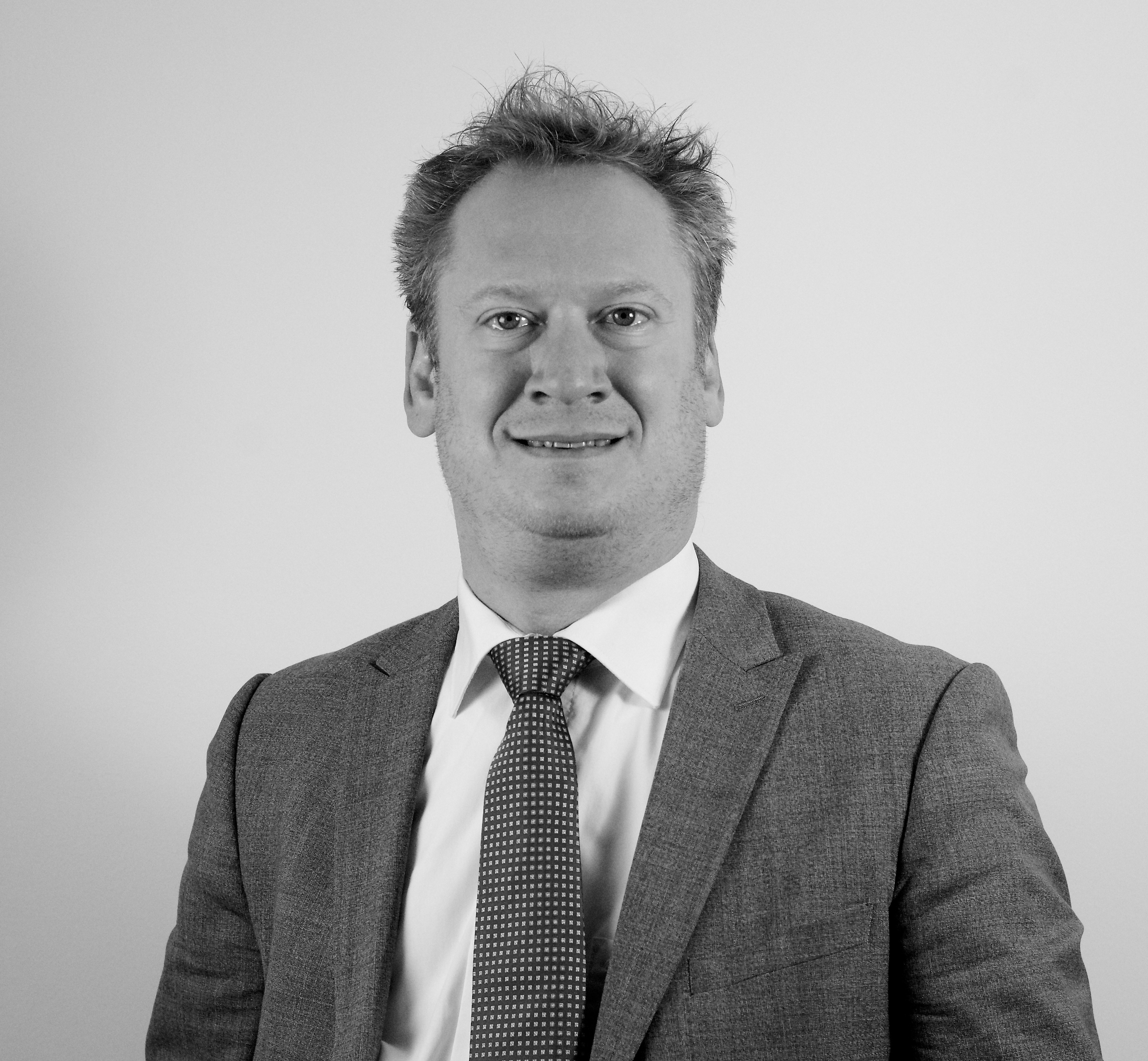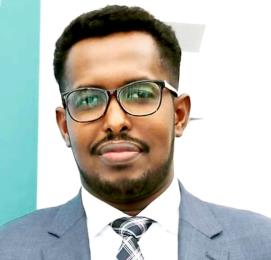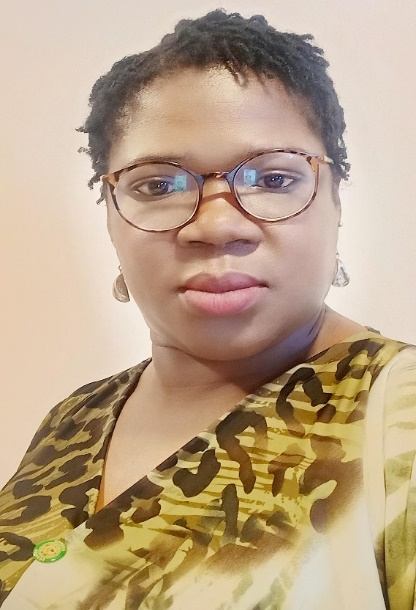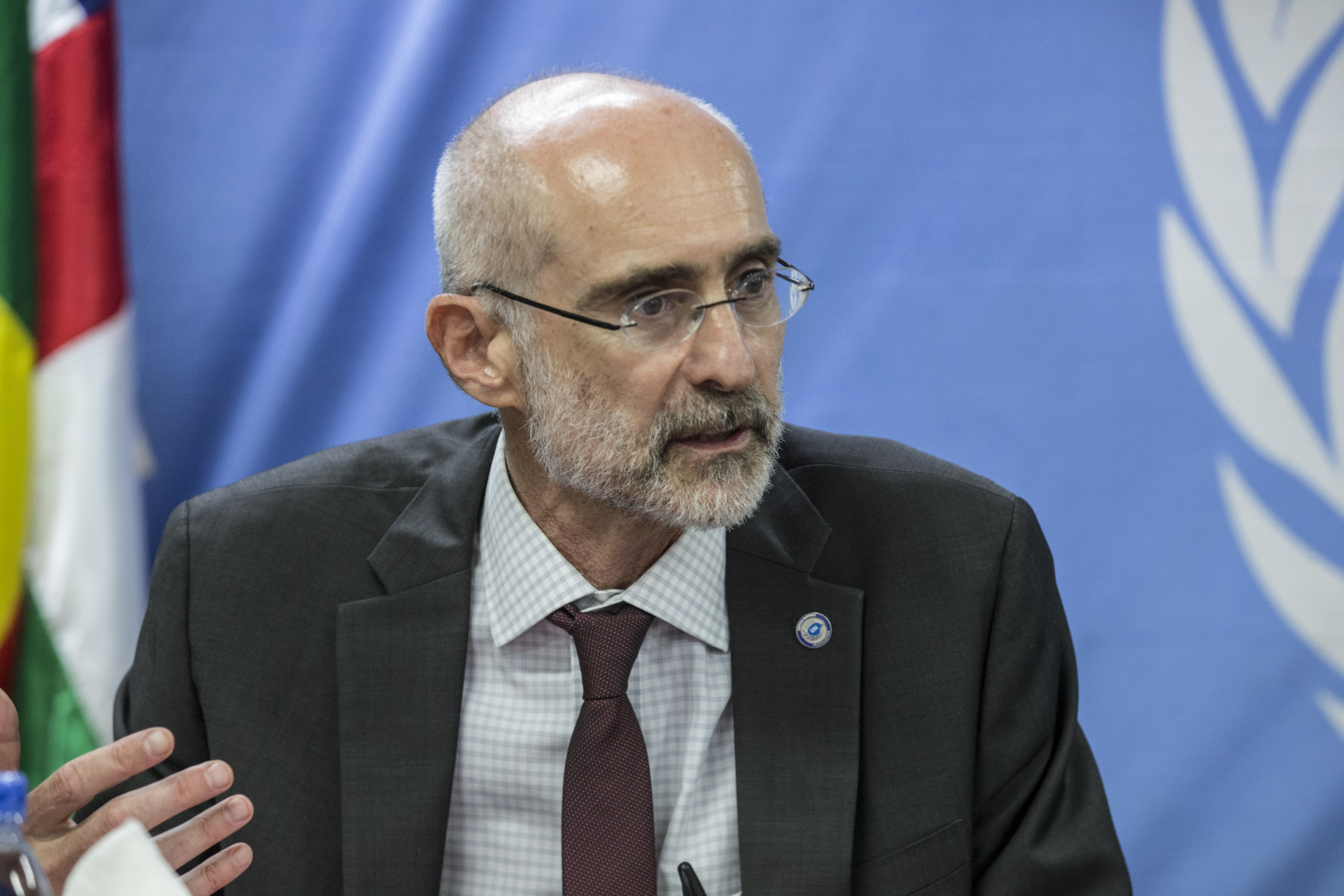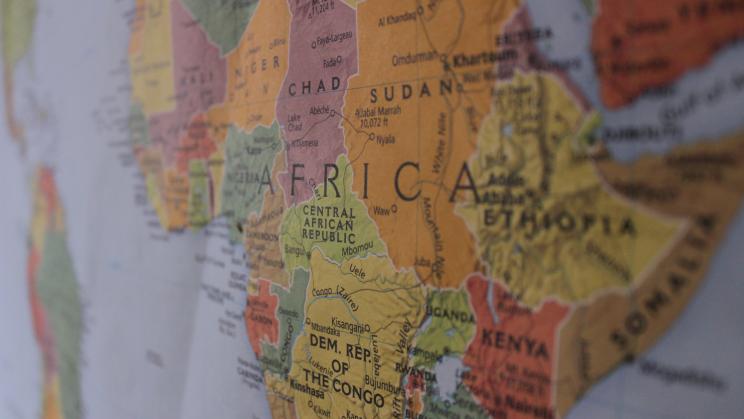
20 November 2020 16:00–17:30 (CET)
This discussion is organized in cooperation with The Friedrich-Ebert-Stiftung (FES). This session is by invitation only and is held under Chatham House Rule.
The global strategic arena is changing fast. Cooperation between great powers is decreasing and Africa is one of the battlegrounds of their competing interests. However neither are African countries mere biddable players; they have developed the concept ‘African solutions to African problems’ and established conflict management structures within the AU, the Regional Economic Communities/Mechanisms and the African Peace and Security Architecture (APSA).
In the current volatile strategic context, however, many African countries face extraordinary challenges on several levels. Over the last decade, in response to these developments, security cooperation on the continent has become increasingly complex. A number of non-Western powers—such as China and Russia—have (re)established themselves, while new powers have become more active players. Whilst APSA is not yet the collective security system it was meant to be, African countries have operated actively in ad hoc structures. The result has been a cacophony of security interventions led by different actors, supported by different partners and donors, that are frequently badly coordinated, and struggle to cooperate.
The webinar will address the following questions:
- How well are African security cooperation structures and initiatives positioned to meet the continent’s future challenges?
- How does the growing competition among great powers affect security cooperation on the African continent?
- What needs to be done to ensure African ownership of the current approaches towards peace and security? Are African states likely to succeed in their goal of becoming increasingly independent of external actors?
- How can efforts of African and external actors be better coordinated and brought into line with the views from the continent and the demands of populations? How can duplication of existing structures be minimized and the already existing structures be made more coherent? What does achieving this goal require from existing multilateral frameworks?
Moderator
|
|
Dr Jaïr van der Lijn Dr Jaïr van der Lijn is a Senior Researcher and Director of the SIPRI Peace Operations and Conflict Management Programme. Jair joined SIPRI in 2013. He is also affiliated with the Radboud University Nijmegen in the Netherlands. His research focuses primarily on: current trends and future developments in multilateral peace operations (eg. AU, EU, NATO, UN); their handling of complex environments; their evaluation; and, their relationship with local actors in host nations. |
Discussants
|
|
Abdi Aynte Abdi Aynte is a former Minister of Planning and International Cooperation of Somalia where he oversaw official assistance to the country and coordinated development policy. Before joining the Somali Government, Mr. Aynte was the co-founder and Executive Director of the Heritage Institute for Policy Studies (HIPS), Somalia’s first think thank where he still serves on its Board of Directors. And for 12 years before that, Mr. Aynte was a journalist and senior editor with some of the biggest media outlets in the world, such as the BBC, the Voice of America and Al Jazeera English Mr. Aynte hold a BA degree in journalism and political science, and an MA degree in government from the Johns Hopkins University in Washington DC. |
|
|
Valentine A. Atonde Valentine A. Atonde (Ms.) is Expert in Institutional Sociology and Professional Program Management with more than twelve (12) years’ experience with National Firms and International Institutions such as ECOWAS and African Union. She is currently Acting as ECOWAS Permanent Representative to the African Union after joining the Office in Addis-Ababa in May 2015. As strategic planner, she advises and coordinates the implementation of multilateral projects and activities related in the framework of ECOWAS Vision 2020; African Peace and Security Architecture; African Governance Architecture; the Continental Agenda 2063. She also did conduct consultancy and field researches; facilitate trainings in area of Elections Observations, Democracy and Governance; Peace and Security; Mediation and Peace Building processes. |
|
|
Kenny Gluck Kenny Gluck is currently adjunct Professor of International Relations at Columbia University and previously served as Deputy Special Representative of the Secretary-General in the Central African Republic until December 2019. Prior to this assignment he worked extensively on the Yemen peace process as Deputy Special Envoy of the Secretary General for Yemen in 2015-2017 and as Head of Office of the Special Adviser of the Secretary General for Yemen in 2013. He also served as Director and Deputy Head of the Peacebuilding Support Office in 2014-2015 and as Chief of Staff of the AU/UN Joint Mediation for Darfur from 2008-2010. |
|
|
Michelle Ndiaye Special Representative of the Chairperson of the Commission and Head of the African Union Liaison Office in the Democratic Republic of Congo |
The Friedrich-Ebert-Stiftung
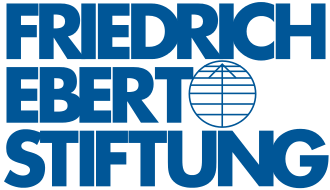
|
The Friedrich-Ebert-Stiftung (FES) is the oldest political foundation in Germany with a rich tradition in social democracy dating back to its foundation in 1925. The work of the foundation focuses on the core ideas and values of social democracy – freedom, justice and solidarity. With an international network of offices in more than 100 countries, FES supports a policy for peaceful cooperation and human rights, promote the establishment and consolidation of democratic, social and constitutional structures and are pioneers for free trade unions and a strong civil society. |
For questions about the session, please contact the SSC 2020 Team at sthlmseccon@sipri.org.
